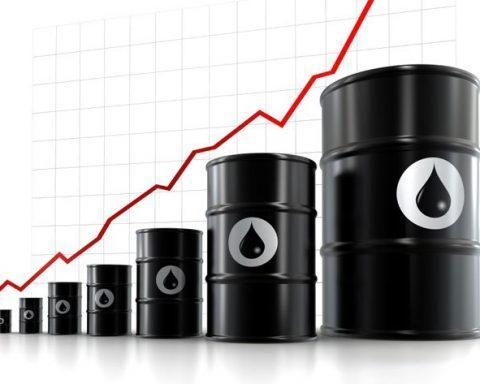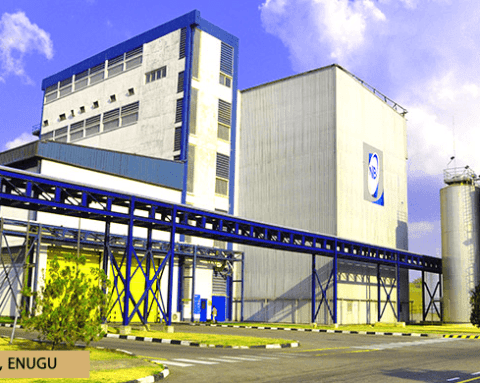Financial Analyst/Research Consultant, Ifeoma Nwokolo, has said the disparity between data released by the Nigerian Upstream Petroleum Regulatory Commission (NUPRC) and the OPEC on Nigeria’s oil production may pose a challenge in the country’s quest for a higher quota.
Nwokolo, who is the vice president of Economic Research at Financial Derivative Company (FDC), attributed the disparity in the NUPRC and OPEC data to differences in sources of data.
Join our WhatsApp ChannelThe financial analyst, who appeared on Channels Television’s Business Morning on Thursday, stated that while OPEC sources its data via secondary and aggregated data (such as operator reports and on-ground monitoring), and focuses on only crude oil, NUPRC collates figures, including crude oil and condensates.
She said OPEC also focuses on data compliance.
OPEC’s latest Monthly Oil Market Report, released on Tuesday, says Nigeria’s crude oil production averaged 1.507 million barrels per day (bpd) in July 2025, slightly above the group’s 1.5 million bpd quota to the West African country. This is the second consecutive month and the third time this year that Nigeria’s crude oil production surpassed OPEC quota of 1.5 million bpd (following January and June).
With this, Nigeria remains Africa’s top oil producer, outpacing Algeria (937,000 bpd) and Angola.
Last week, the Nigerian Upstream Petroleum Regulatory Commission (NUPRC) reported higher figures, stating that there was a peak production of 1.8 million bpd in July, with an average of 1.78 million bpd.
Nwokolo noted that despite the discrepancy in data, it is obvious that Nigeria’s oil production has continued to increase in recent times due to a crackdown on pipeline vandalism, unrest in oil-producing areas like the Niger Delta, and theft.
She said that while Nigeria has been able to hit the OPEC quota, it is yet to reach the benchmark in the 2025 budget for crude oil production.
Meanwhile, Nigeria plans to request an increase in quota to 2 million bpd at the November 2025 OPEC meeting, leveraging its recent performance to justify the hike. This aligns with long-term goals to reach 3 million bpd by 2027.
READ ALSO: Nigeria Exceeds OPEC Quota For Third Time In 2025
Nwokolo warned that the disparity in oil production data might affect the credibility of Nigeria’s case for more quota for the country.
“This disparity in figures may pose a challenge to Nigeria’s credibility in petitioning for a high OPEC quota,” Nwokolo stated, emphasising the urgent need to address the issue.
She called on the authorities to align with the OPEC methodology in reporting crude oil production figures.
“We should exclude condensate figures so that we can be in line with OPEC,” she stated.
Apart from aligning with the OPEC method, she also stressed the need for transparency on the part of the Nigerian upstream authorities in reporting crude production numbers.
“Nigeria should make a convincing case that its production capacity genuinely warrants an increase in quota and we are able to sustain it,” she added.
Victor Ezeja is a passionate journalist with seven years of experience writing on economy, politics and energy. He holds a Master's degree in Mass Communication.














